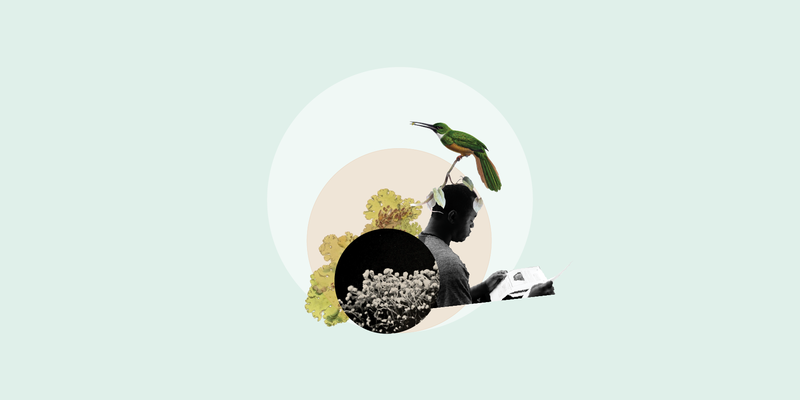Strengthening collaboration

Data mobilization for use is a multi-institutional process bringing together organizations that may or may not have worked together before and who bring different perspectives, experiences and resources to the table. Developing a clear framework for collaboration ensures that organizations have a clear understanding of the project's shared goals and objectives as well as the expectations for each institution as activities move forward.
Featured projects

Senegalese national information system on biodiversity: SENBIO-INFOS
Senegal
Organizations collecting data on Senegal's rich biodiversity have generally worked independently and without coordination. This project sought to create a national information system-SENBIO-INFOS-to bring these different organizations together to make the data they possess accessible to all. An initial partners' meeting introduced a charter covering the key principles for SENBIO-INFOS, setting the terms of scientific cooperation by outlining the role of participating organizations, project governance, data mobilization priorities, capacity building and communication between organizations.
The records mobilized through SENBIO-INFOS made it the largets source of primary biodiversity data from Senegalese institutions. Its data has been integrated into national reporting through the Clearing House Mechanism of the UN Convention on Biological Diversity, and, by giving decision-makers, SENBIO-INFOS contributed to the "on track" assessment in Senegal's progress report for Aichi Target 19.

Implementation of the Biodiversity Information and data System for Coastal Ecosystems in Nigeria
Nigeria
A project in Nigeria sought to address data gaps in coastal ecosystems, global biodiversity hotspots, by publishing plant, animal, and fungal collections spanning 40 years. This effort involved a partnership between five academic and two policy-making institutions. By involving the networks of Nigeria’s GBIF node, the AFROBIS node manager, and another BID project at the University of Lagos, the project’s three-day blended-learning workshop trained 158 participants from across Nigeria’s six geopolitical zones. They successfully mobilized 30,823 biodiversity records.
The improved synergy between data producers and data users will support the implementation of the national biodiversity strategy and action plans. The project hopes to establish the National Information System for coastal biodiversity to coordinate activities in data capture, mobilization and release of information for scientific and policy use in a Nigerian blue economy.

Enhancing the capacity of Civil Society Organizations to create and contribute towards a unified marine turtle database in Cameroon
Cameroon
Cameroon's coastal waters are home to endangered marine animals, including five species of sea turtles. Despite their international importance, Central African sea turtle populations lack comprehensive assessment of their status and occurrence trends. Four civil society organizations collaborated through this project to collect, digitize and standardize data on marine turtles.
Working closely with conservation stakeholders, the team enhanced data quality for national, regional, and global databases. Collaboration with the Ministry of Environment updated the Cameroon Biodiversity Information System with previously unavailable data. Practical workshops involving government and conservation representatives facilitated the establishment of a database. The organization aims to extend its capacity-building efforts to five other Central African countries within their sub-regional network to digitize and publish historical data via GBIF.